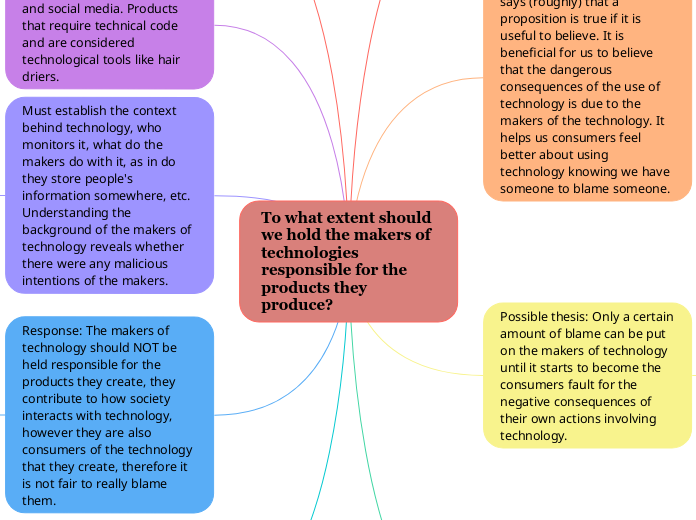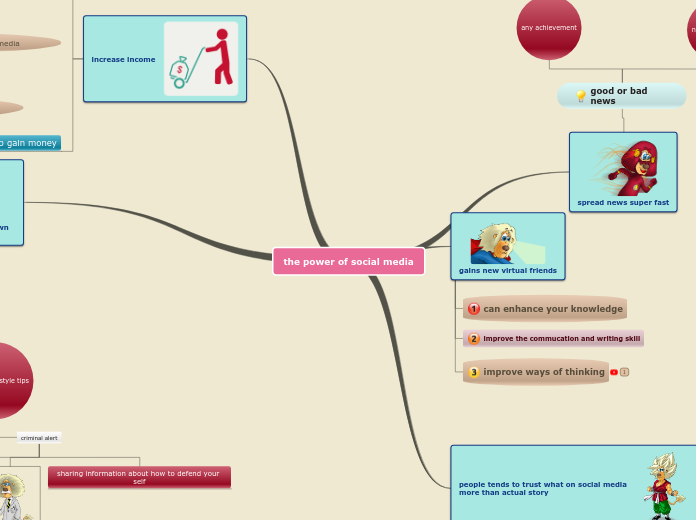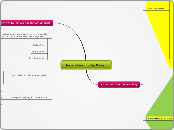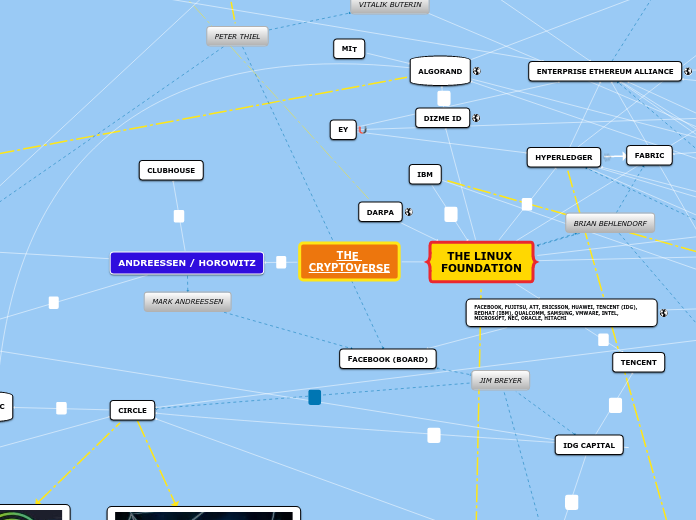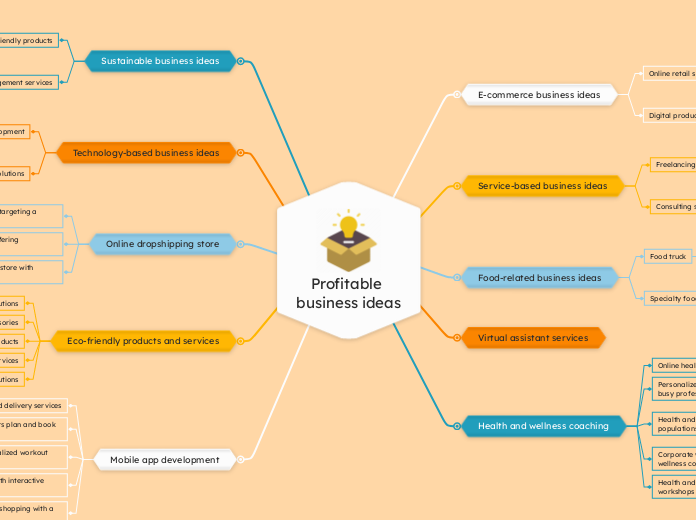To what extent should we hold the makers of technologies responsible for the products they produce?
How does knowledge lead to having someone to blame? How significant is responsibility/ holding someone accountable? How do we know what is right or wrong with a tech industry that is so new? Do we create new morals?
Response: The makers of technology should NOT be held responsible for the products they create, they contribute to how society interacts with technology, however they are also consumers of the technology that they create, therefore it is not fair to really blame them.
As well, we as consumers have full control over the time we spend on technology, what we post on social media, what sites we give permission to get access to our information.
Technology is a powerful tool when it is used right, and there should be no one to blame for negative consequences. Maybe holding yourself accountable for exposing yourself to these powerful tools can be a more justifiable course of action.
The action of “becoming a slave to technology” cannot be achieved unless one chooses to do so.
Must establish the context behind technology, who monitors it, what do the makers do with it, as in do they store people's information somewhere, etc. Understanding the background of the makers of technology reveals whether there were any malicious intentions of the makers.
Knowing that makers create technology for the benefit of the consumers, and that the makers consume in their own technologies, leads us to believe that there is no malicious intent behind the makers products.
In the documentary, one of the many former employees at large tech companies states “Nobody, I deeply believe, ever intended any of these consequences” and “There’s not one bad guy, no. Absolutely no.”
This illustrates my point in saying that makers had no malicious intent in creating and releasing these products. There is not just one bad person, the person who made it. Perhaps it is the technology itself becoming too powerful by being fed information of users and being able to make better predictions.
Technologies: AI, coding, computers, phones, google, and social media. Products that require technical code and are considered technological tools like hair driers.
Hold makers of technology: makers of technology include: software developers, computer scientists, and software engineers, CEOs and employees of big tech companies.
ToK concept: Power. it is clear that the makers of technology holds power. They decide how to use their knowledge of technology, and what their products do. There is alot of power behind the makers of ai and technology that we as users are unaware of.
Possible thesis: Only a certain amount of blame can be put on the makers of technology until it starts to become the consumers fault for the negative consequences of their own actions involving technology.
Possible counter claims: others may say that if there is no responsibility behind technology, who is going to monitor it? Some industries are too large to be left unsuperfized. Before releasing new technology to society, they should be proven that they are safe, effective, and bias-free. Internet platforms should be held financially liable for any harm caused by their goods.
My response to counter claims: Technologies should be tested for safety, but it is even more important for the users to be mindful of their use of said product. People need to know it's safety, however, this cannot be a good reason to blame the makers if something does end up going wrong, especially if they have shown their product does work and is efficient, and they did everything they can in their power to maintain the technology to work. If a malfunction were to occur due to misuse or breakage, it would be unfair to blame the maker of it.
They did their job in making the product and it is fair to say they might need to add modifications but blaming them seems to only be an excuse to have a scapegoat and feel better about their situation by blaming someone else.
Pragmatic Theory: A Pragmatic Theory of Truth says (roughly) that a proposition is true if it is useful to believe. It is beneficial for us to believe that the dangerous consequences of the use of technology is due to the makers of the technology. It helps us consumers feel better about using technology knowing we have someone to blame someone.
Responsible: who is responsible for any backlash with a product being released, who do we hold accountable for consequences that come with the affects of technology?
The power behind AI technology is surging and is going to continue rising. With power comes responsibility, so the makers should be held accountable
is it the companies fault or the people using it?
